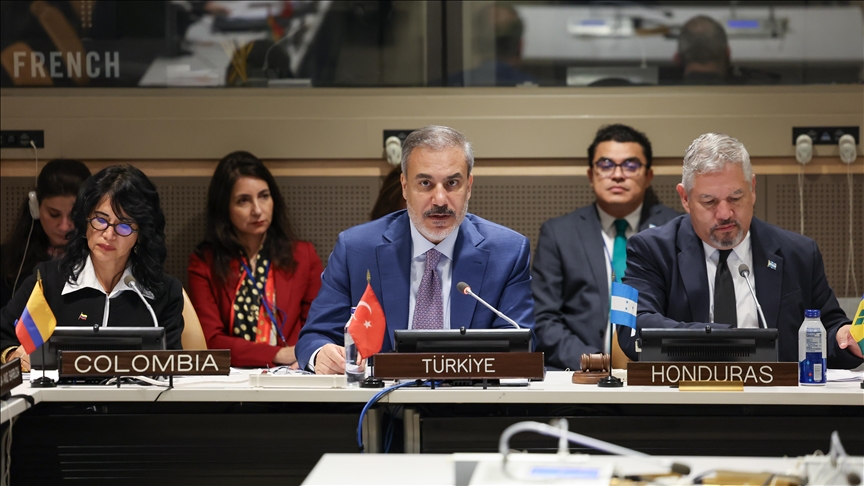Bringing Turkey into the South Caucasus
The project, entitled AGAT – Armenia, Georgia, Azerbaijan and Turkey – aims at including Turkey in the South Caucasus region, with a particular emphasis in improving Armenian-Turkish relations.
"Until now everybody considered the South Caucasus to mean Armenia, Georgia and Azerbaijan, but now SCIRS is trying to add Turkey as it is an equal member both geographically and politically of the South Caucasus," explains Head of the Turkish-Georgian Research Center David Tavadze.
Tavadze thinks that it should be up to Georgia to "act as a mediator to coordinate analysis of the country," adding that one of the main functions of the center it is to develop relations between analytic centers in the region to support the AGAT project.
In an interview with The Messenger, Tavadze said the center had held negotiations with Azerbaijani and Armenian colleague, and that the Armenian side expressed great interest in the project.
"Nowadays, the four countries of the region have the same foreign political views, with the exception of the Turkish-Armenian and Armenian-Azerbaijani conflicts – namely European integration. So this project can play an important role, as one of the main demands of the European Union is the normalization of relations with neighboring countries: historical factors should not influence the development and future of a country," Tavadze stated
Tavadze added that the center intends to open a website in the near future which will reach out to as many parts of the region as possible by being available in both Russian and English.
The center also plans to develop a Golden Circle project, aimed at developing relations between the countries of the Black Sea basin and creating a unified security system.
"Besides security, we should discuss other issues as well. For instance we do not use all the potential that Turkey can offer us. Such as Turkish people of Abkhaz ethnicity, who could play a great part in renewing Georgian-Abkhaz negotiations," said Tavadze.
Commenting at the presentation on this issue Turkish Ambassador to Georgia Ertan Tezgor stated that he had had frequent talks with State Minister for Conflict Resolution Goga Khaindrava, and had already come to an unofficial agreement about which it would be possible to speak after analysts have considered the issue further.
HE Tezgor expressed his opinion that the AGAT project could not only play a part in resolving the Georgian-Abkhaz and Georgian-Ossetian conflicts, but other issues in the South Caucasus as well.
"Georgia is the gateway to Russia, the Caucasus and Central Asia and thus has a very important geographical location," he said, adding that it should not be forgotten that Russia has an important part to play in ensuring stability on the region.
"I support [SCIRS’s] initiative and think that conflict resolution in the South Caucasus would have a positive influence for the North Caucasus and Daghestan as well. Turkey will do everything it can to support these projects," said Tezgor, adding that analytical centers could play a part in developing different strategic views.
Speaking with The Messenger, Head of the regional department of the Georgian Ministry of Foreign Affairs Givi Shugarov stated that good relations with Turkey was important not only for Georgia but for the whole of the South Caucasus, as it is a real candidate for EU membership.
"It is very important for us that Turkey become a member of the European Union as we will then become the neighbors of an EU country. For Georgia it is very important to have good relations with its neighbors and among those priorities is to solve problems with Russia," he said.
He stressed that the South Caucasus has great prospects, although he noted there were many negative factors which were holding back development, including "the conflicts in Abkhazia, South Ossetia, Nagorno Karabakh, as well as the North Caucasus."
"Such frozen conflicts freeze the political-economic relations between countries. It is very easy to say that the conflicts should be resolved but all countries involved must first overcome psychological barriers and be prepared to compromise: the situation will not change unless everybody wishes it to change for the better," Shugarov said.



